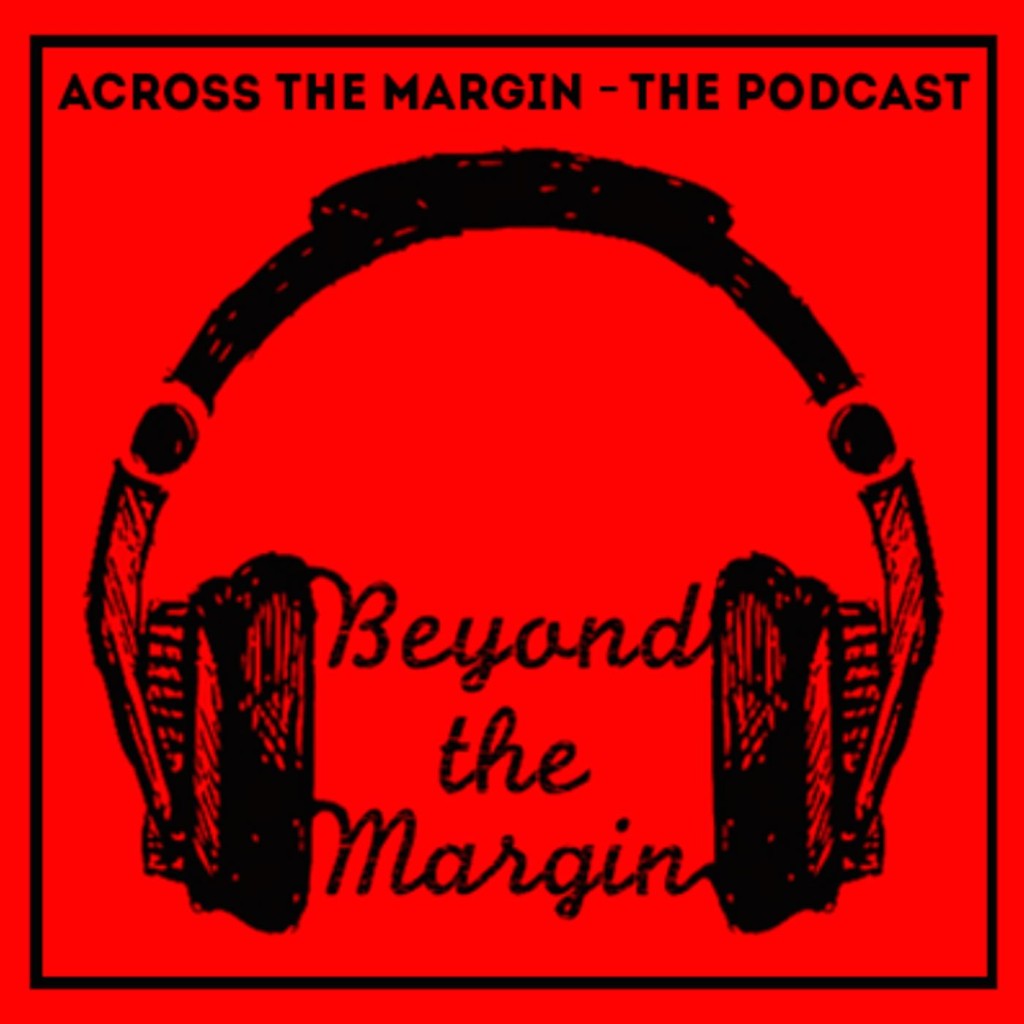A self-proclaimed member of academia’s “perma-temps” recounts his adventures among the precariat…

by: Patrick D. Hahn
The rain was coming down in buckets. I was standing up in the bed of a pickup truck while my co-worker Sean was handing tools to me, one by one, as thunder roared and lightning crackled around us.
How did I get here?
This particular journey had begun several weeks earlier, after I had finished approving the galley proofs for my first book. I had been staffed to teach just one three-credit online course that summer — not nearly enough to pay the mortgage on our condo. After more than twenty-five years of teaching at colleges and universities across the nation, I felt a familiar anxiety that had followed my freshman year at college, as I searched out a summer job.
I applied for dozens of jobs on online job sites like Indeed and Monster and Craigslist, but to no avail. I looked into online work-at-home gigs, but the promised remuneration was so tiny none of them seemed even worth bothering with. I was experiencing first-hand what it meant to be a member of the class leading economist Guy Standing calls the Precariat.
One morning I was sitting in front of my big picture window watching landscapers spread mulch throughout the yard. As I sipped cold coffee and felt sorry for myself, I opened up a browser window and loaded up YouTube. The first video that came up was titled “Life Begins At The End of Your Comfort Zone.” Immediately, I put on some old clothes and I went outside to where the men were working and asked the boss if he needed any help. “What are your qualifications?” he inquired.
“I am a fairly strong individual,” I told him. “I got wheels. I understand the value of showing up on time and following directions and keeping my mouth shut.”
”You’re hired,” he said.
The first day on my new job we dug a drainage ditch and then had to unload a truck bed of soft-ball sized rocks into a wheelbarrow and transport them down a hill, using the rocks to line the ditch. I used to be a mason tender when I was younger. That’s probably the hardest job, physically, there is. But the last time I did that kind of work was nineteen years ago when I was in my thirties. That first day my hands started cramping up, then my feet, my arms, my legs, my abs, and my intercostals. My head was spinning, and I thought I was going to pass out. But somehow I made it through the day.
The second day, after we had already put in a full day’s work, the boss brought in five holly trees and I had to dig holes to plant them in. The soil consisted of compacted clay hard as a brick, and the only way to dig through it was to smash it up with a pickaxe, remove the tailings with a shovel, and repeating the process, an inch at a time. I had a pair of brand-new leather work gloves but I chose not to wear them, figuring it would be unmanly to do so. By the end of that day, the heel of my right hand was a bloody mess.
I did this all for twelve bucks an hour. The last time I worked as a mason tender, I was making – twelve bucks an hour.
After those first two days, the job settled into a predictable routine. The boss, believe it or not, was a novelist manqué, who claimed to be writing an ancient-astronauts-themed tome. (I was reminded of the old joke: “Oh, you’re writing a novel? Neither am I.”)
Like a good football coach, he understood the strengths and weaknesses of each of his players, and deployed them accordingly. On most days I was paired with just one other guy, named Sean, a fellow older gentleman, just two years younger than I, who had been with the company for forty years, since the age of sixteen. Most of the time they had us shoveling mulch. That’s the kind of mindless manual labor I could get behind – it’s like getting paid to lift weights (which I do anyway) while your mind runs free. We worked well together, in spite of the fact (or maybe because of it) that we barely spoke to each other during the course of the day.
The last day on the job with the cutting crew, as the summer wound down, I came full-circle, literally. Our boss sent us back to my condo to trim the hedges with gasoline-powered clippers mounted on the end of a long pole. That may not sound like such a big deal, until you realize that in order to reach the top of the hedges, you have to hold the clippers over your head and keep them there, sweeping them from side to side in great wide swaths. The torque those clippers generate at the end of that seven-foot pole is unbelievable. After about a minute of this, my arm felt like it was going to fall off. Just as on the first day, my head was spinning and I thought I was going to pass out. Great, I thought to myself. Only three more hours of this to go.
At last we finished trimming the hedges and began raking up the debris, just as a great big summer thunderstorm blew through. As Sean and I put away the tools I remember thinking to myself, Jesus, this would be a really stupid way to die. But I lived to tell the tale.
Patrick D Hahn is the author of Madness and Genetic Determinism: Is Mental Illness in Our Genes?, published by Palgrave Macmillan.





